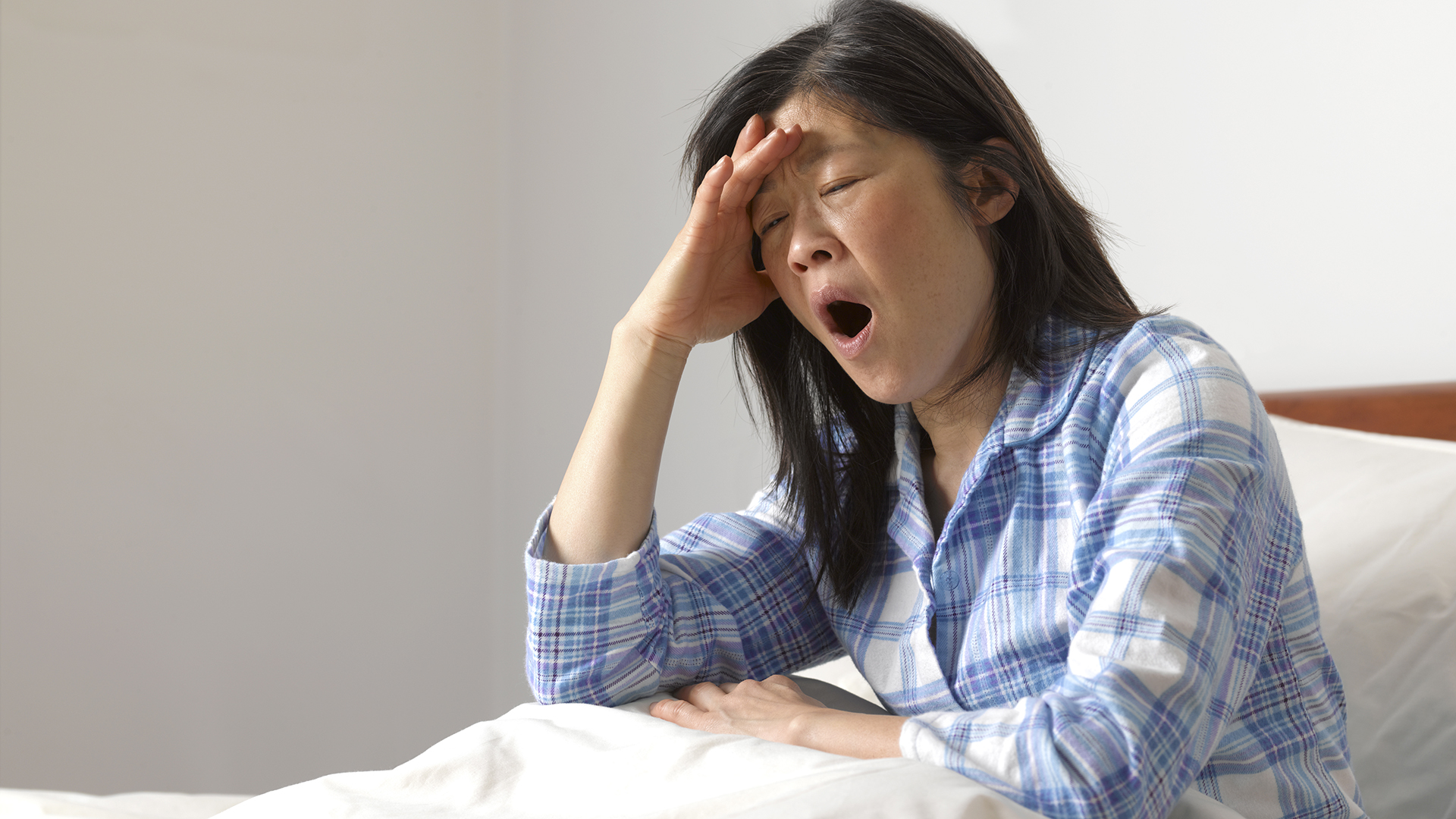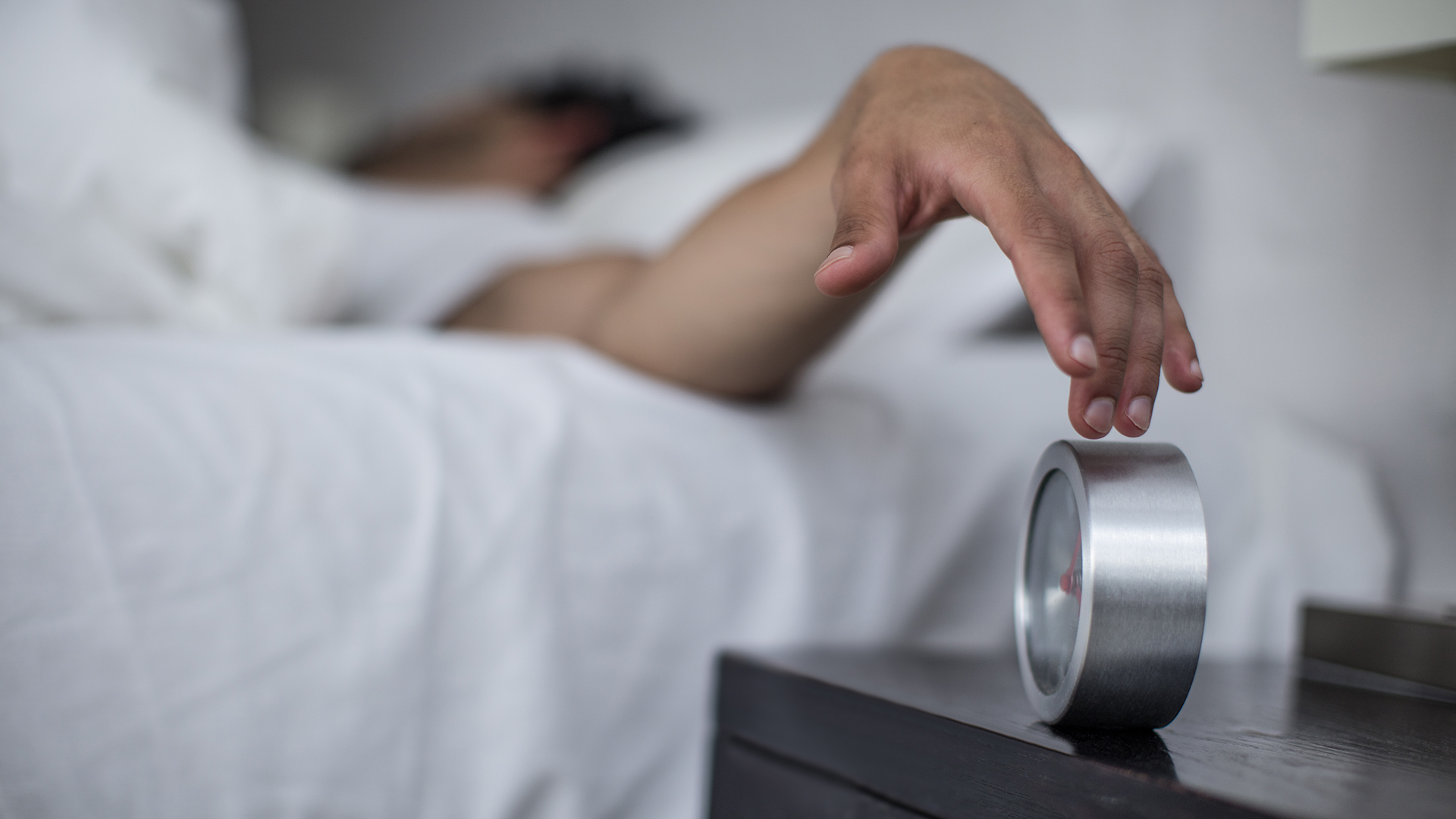
Packed with caffeine and often loaded with sugar, we turn to energy drinks when we're looking for a boost. However, that afternoon pick-me-up can have turn in to a late night sleep disruptor, with studies indicating that an energy drink buzz can linger long past bedtime. And new research has shown that it isn't just those who regularly enjoy energy drinks feeling the effect: even casual consumers might find energy drinks are causing them to miss out on sleep.
Experts surveyed a group of 53,266 students aged between 18 and 35 regarding their energy drink consumption and sleep habits. The study, published in the BMJ Open Journal, found that daily consumption of energy drinks correlated with up to a 33 minute later bedtime, a 25 minute later wake time, a reduced sleep duration, an increase in the time it took to fall asleep, and a higher chance of suffering from insomnia. That's essentially everything from when you climb into bed at night to when you drag yourself out the next morning.
How many energy drinks can make a difference?
While it might not come as a surprise that regularly consuming energy drinks can disturb sleep, the research also demonstrated a link between occasional energy drink consumption and trouble sleeping sleep. Those who drank as little as one to three energy drinks a month reported worse sleep than those who never drank them.
Prominently, 32.7 per cent of women who seldom drank energy drinks reported insomnia. That jumped to 40.6 per cent among women who drank energy drinks one to three times a month. In addition, men who never or rarely drank energy drinks reported a rise time of 8:03, increasing to 8:10 among those who drank just a few energy drinks each month.
However, the more energy drinks consumed, the more pronounced the effect on sleep. Participants who enjoyed at least one energy drink daily reported 30 minutes less sleep than those who rarely drank them. Insomnia also increased significantly (from 32.7 percent in women to 50.6 per cent, and from 21.8 per cent in men to 36.6), and men reported their bed time delaying from 23:32 to 00:05

While the study showed a correlation, it couldn't directly confirm the link between energy drink consumption and poor sleep. It also couldn't account for the inverse effect: those who slept worse to begin with might be more likely to turn to energy drinks, to help power them through the day.
However, while this research isn't without flaws, the results do support similar studies that have recorded a link between low-quality sleep and consumption of energy drinks.
Does that mean you have to quit energy drinks entirely? Seeing as good sleep has been linked to an increased lifespan, it might be worth thinking about. But before you do, consider exactly what you'll be drinking instead. Energy drinks typically contain high levels of caffeine, and many of them are also packed with sugar. If you switch your morning energy drink for a coffee with three sugars, you might find your sleep issues persist.







